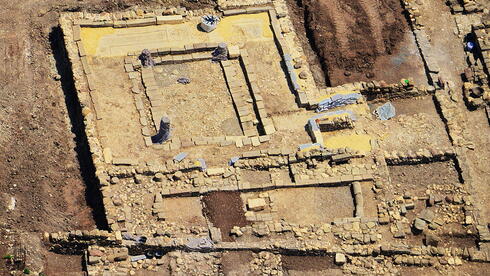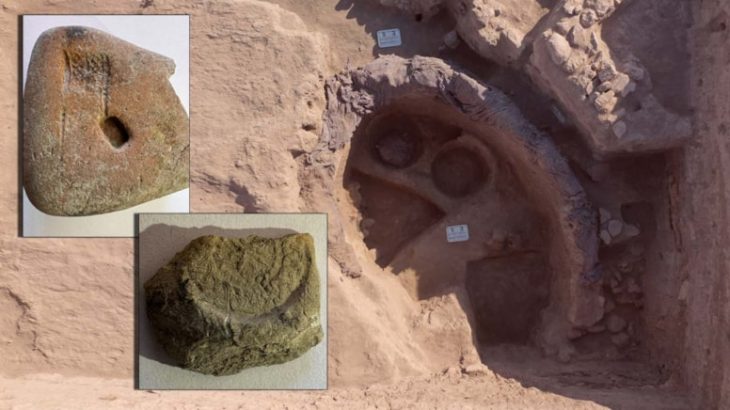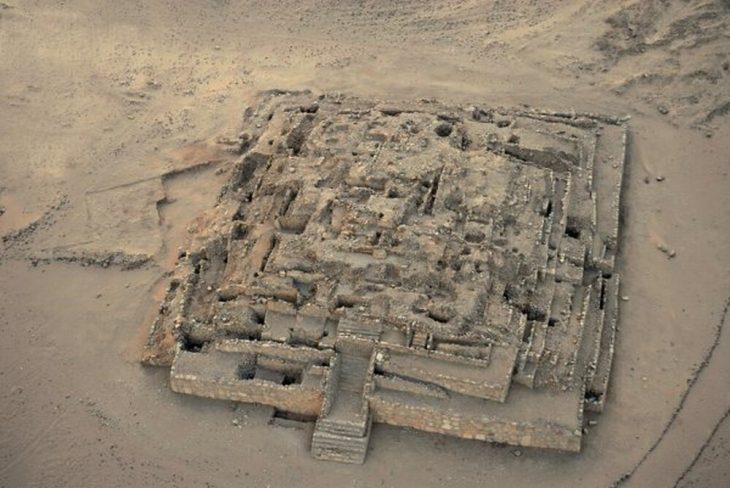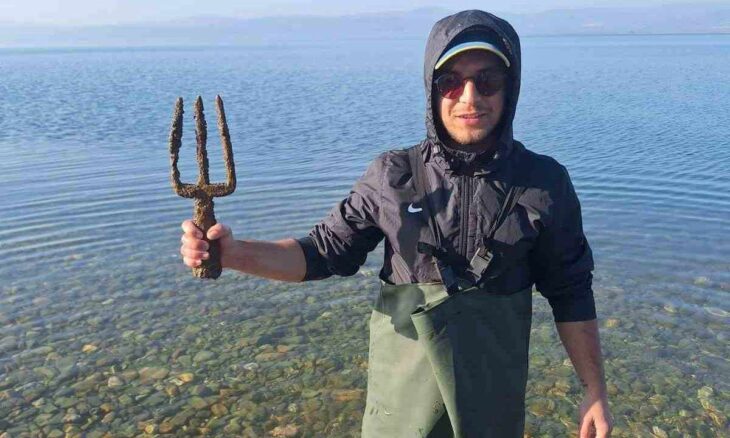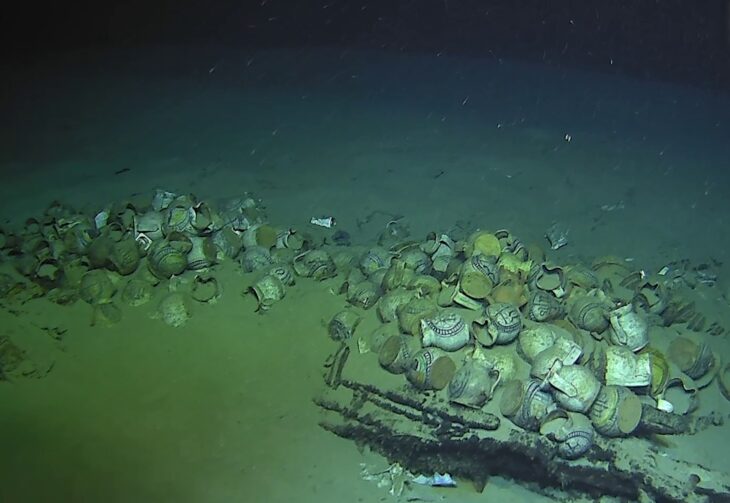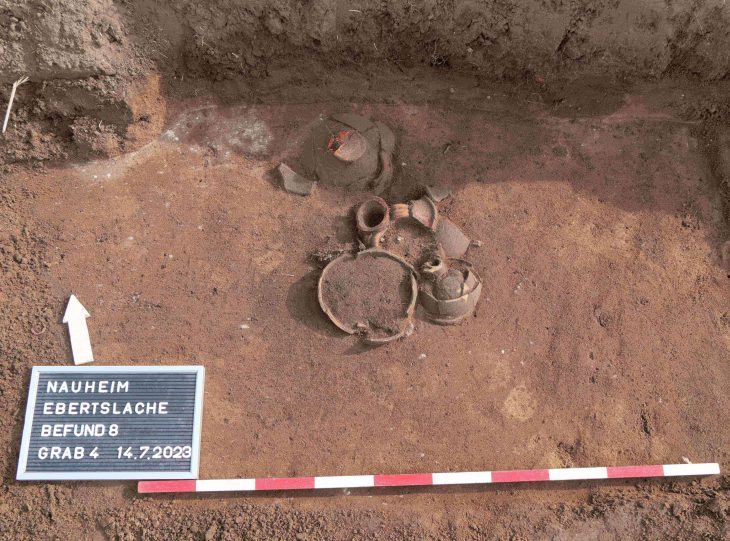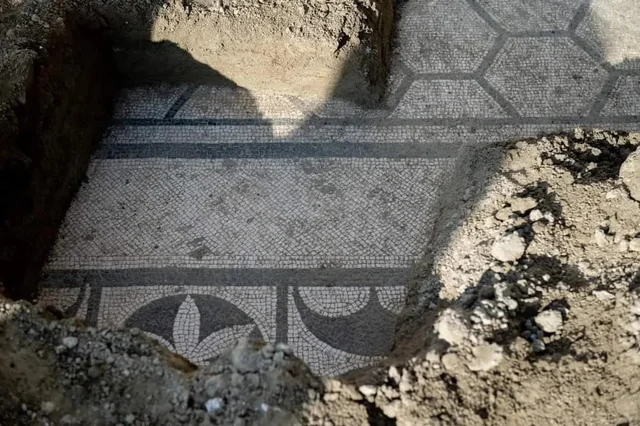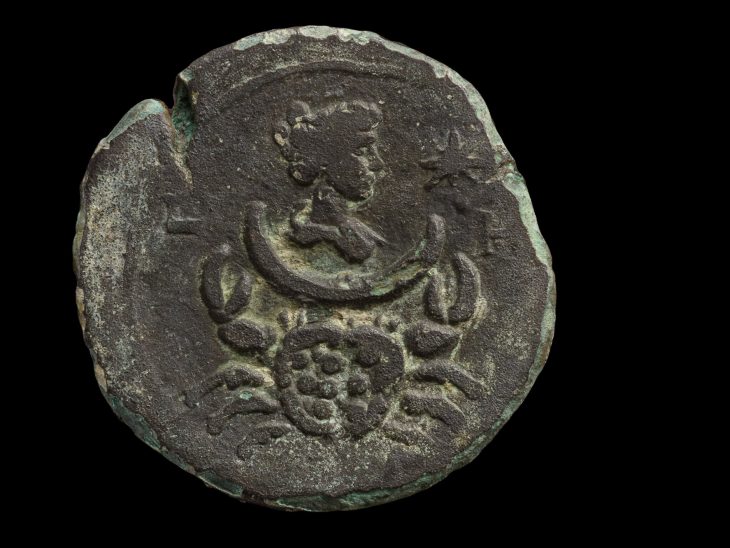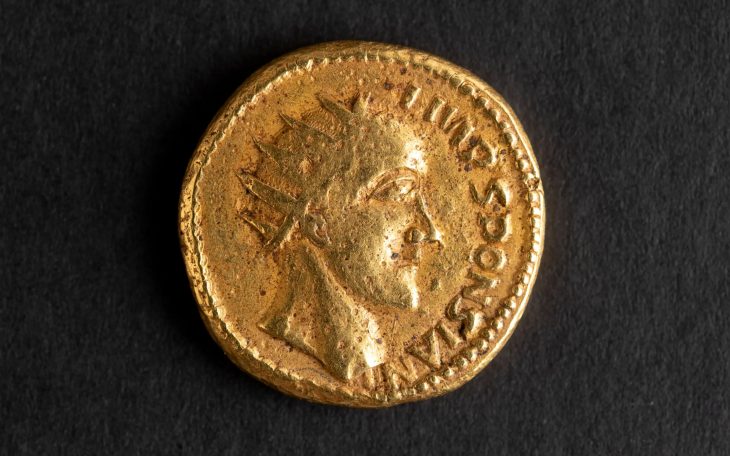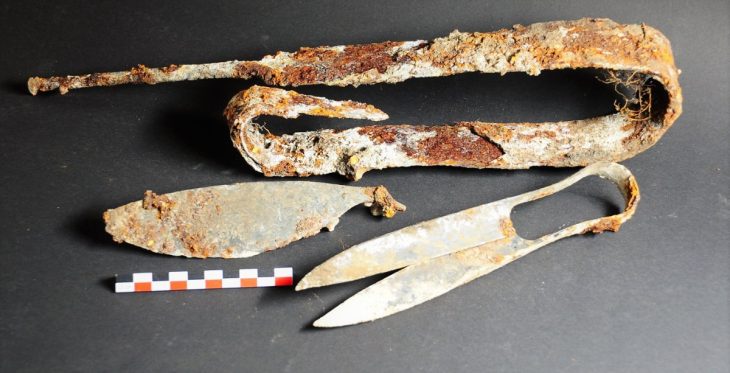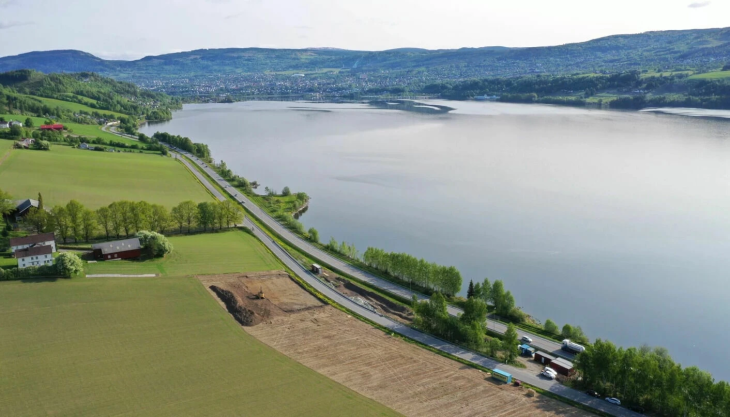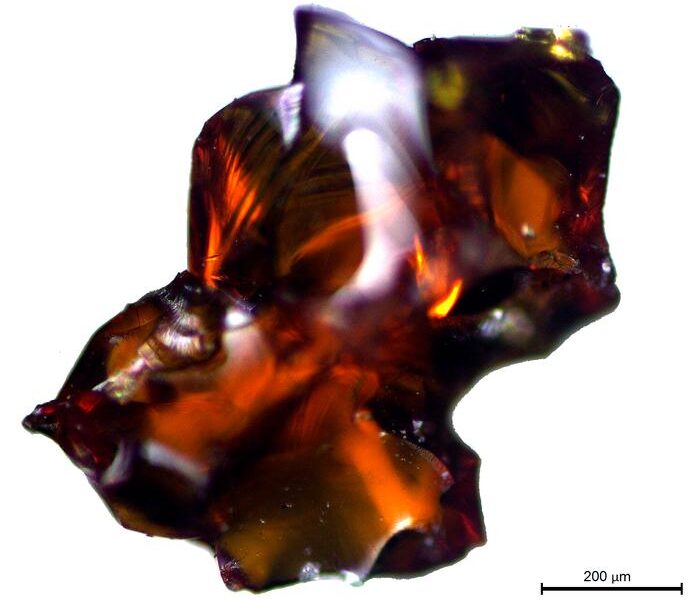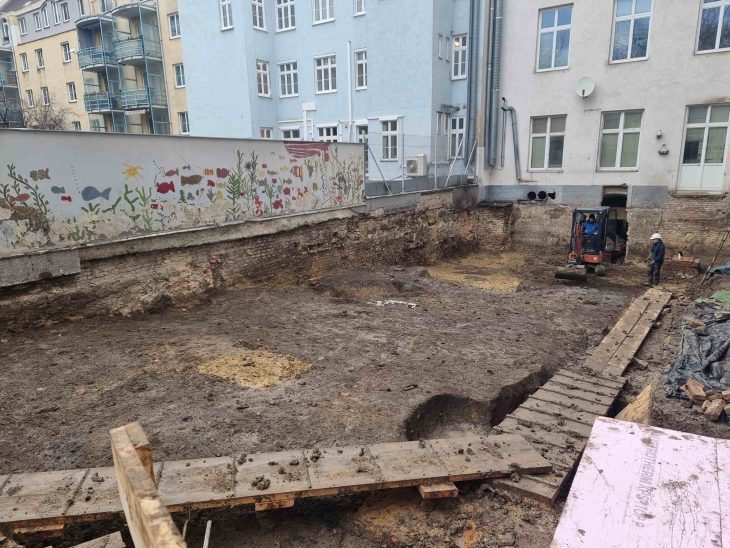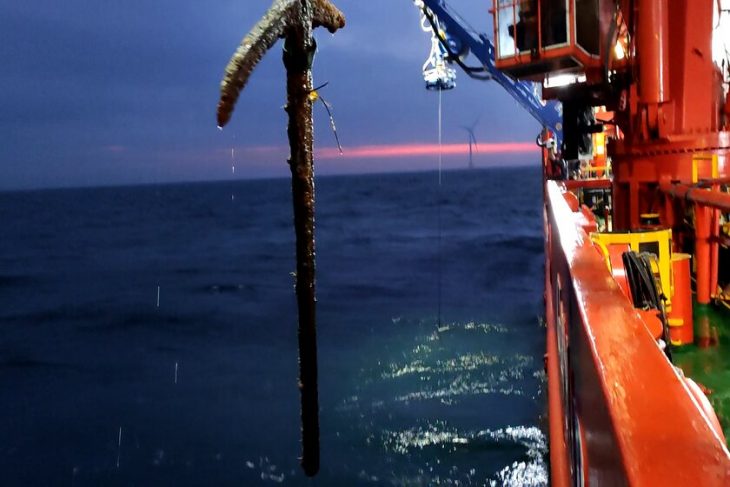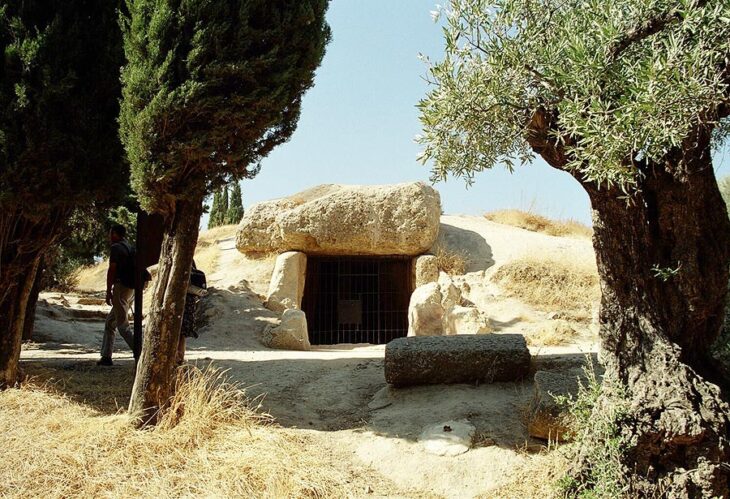An excavation project led by a university team specializing in the Bronze and Iron Ages in Bükk in northwestern Hungary, with the participation of volunteers and students, has uncovered a rich collection of extremely interesting artifacts, including more than 60 bronze and iron objects.
The research centers on an ancient village located at the top of the Verebce-bérc mountain. Before it was destroyed by an attack, this village flourished in the seventh and sixth centuries BC. This year is the sixth year of field research and the third season of excavations.
In three research events this year, the team identified buildings burnt down during the previous siege and continued to search the area with metal detector equipment.
Metal detector surveys in the area have revealed an astonishing array of metal artifacts that offer new insights into cultural ties in this region. The most outstanding discovery is a collection of more than 60 bronze and iron objects, mostly jewellery and horse harnesses, which were probably buried during the siege.
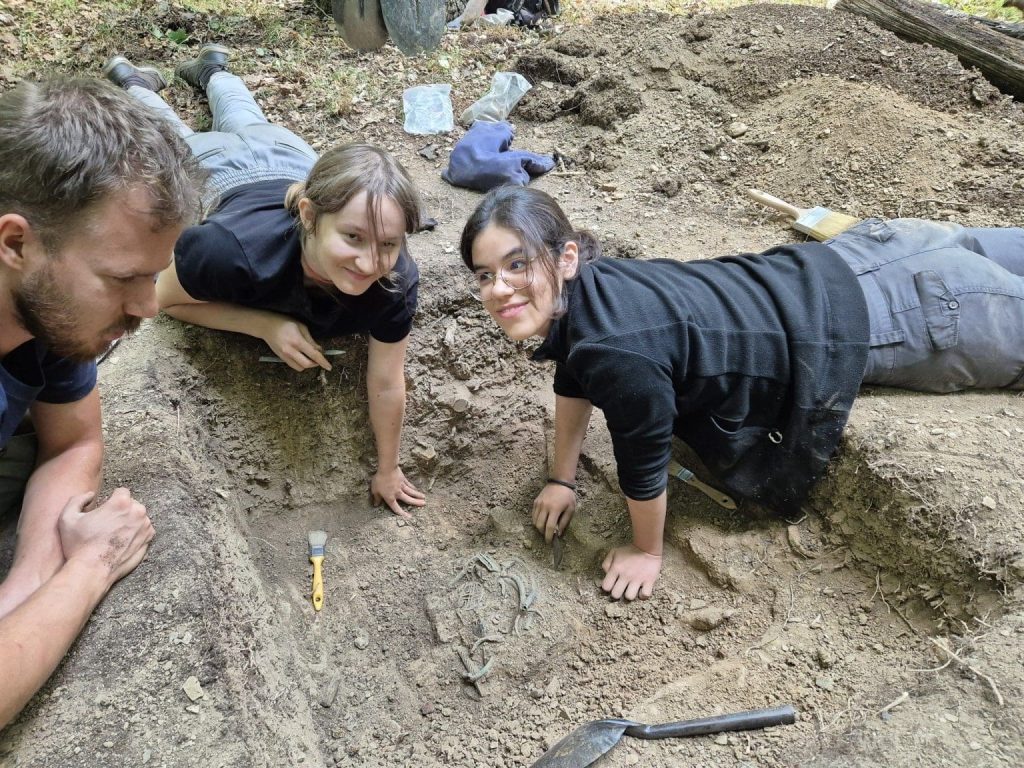
This treasure is particularly noteworthy because of its ties to the cultures of Southeast Europe, especially the Balkan region. Researchers believe that this assemblage was buried to fend off attack, making it an invaluable document of the village’s past wars, trade and cross-cultural exchange.
Numerous distinguished experts from different universities participated in the project and worked together on various aspects, including research and logistics. Berlin-based archaeologist Bernhard Heeb and University of Olomouc professor Martin Golec are among the guests. The staff of the Bükk National Park also assisted the team with the help of experts such as Bartha Attila, Ézsöl Tibor, and Holló Sándor. Members of the National Research Institute of the Hungarian National Museum provided support, including Fullár Zoltán and Bakos Gábor.
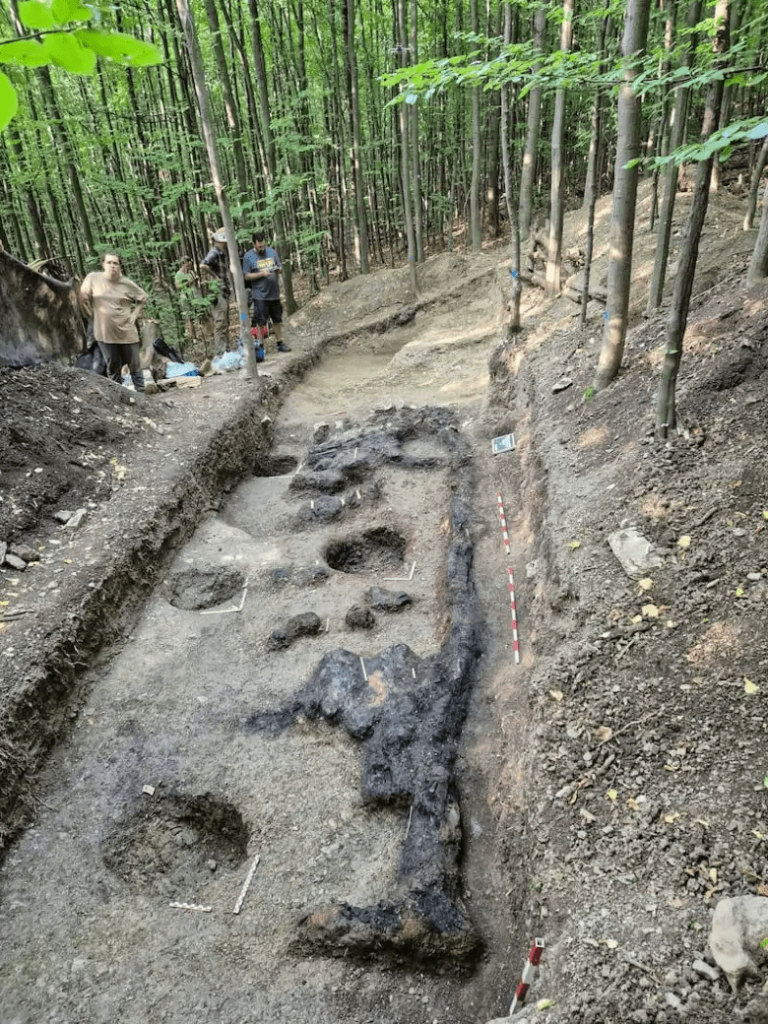
National Archaeological Institute (National Museum of Hungary)
Cover Image: ELTE BTK (Institute of Archaeology Blog)


